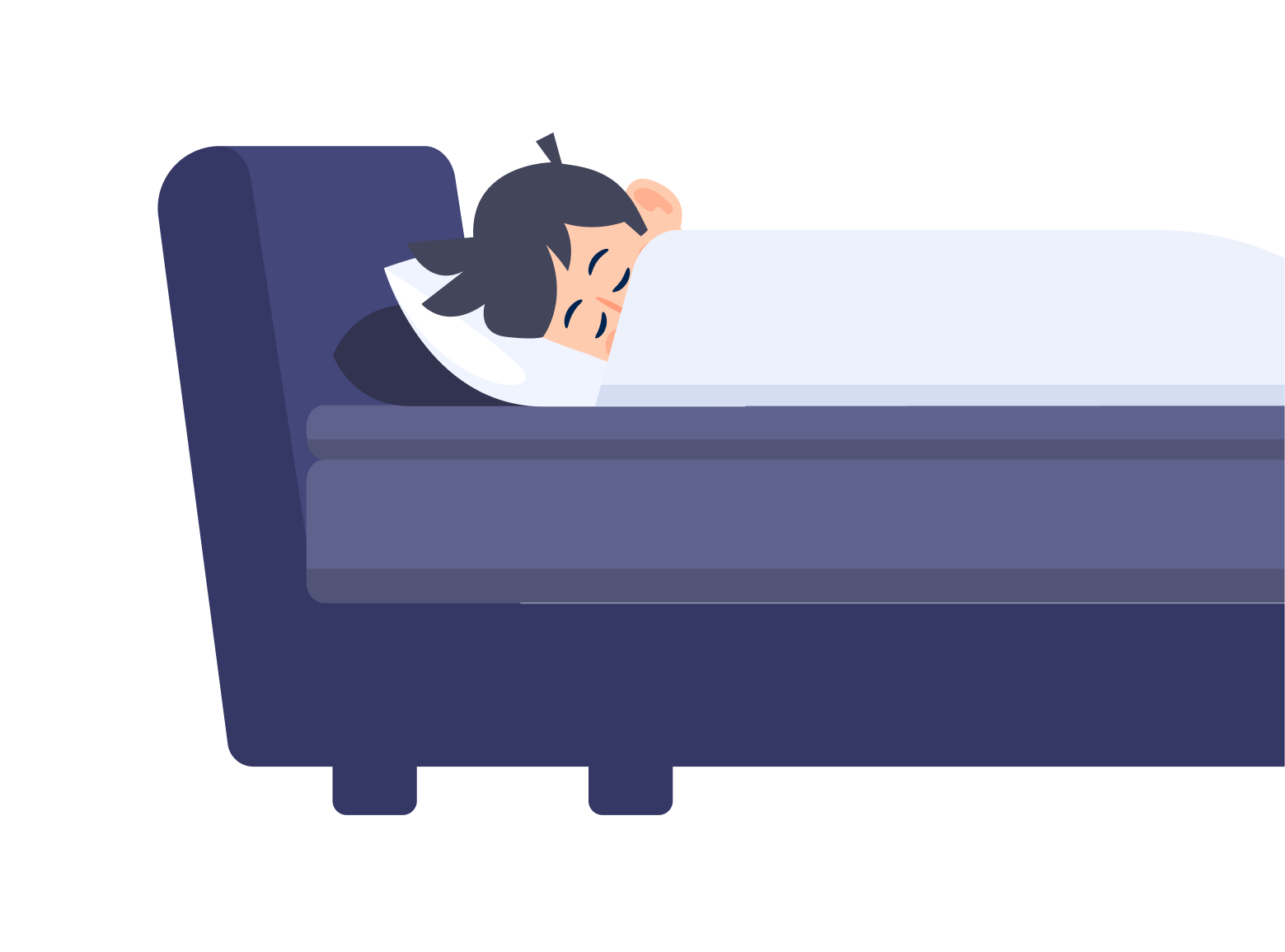The enigma of sleep and dreams has always been a source of human fascination. Ideally, our nights should be times of rest and recovery. However, for many, they are fraught with challenges, particularly due to sleep disorders like insomnia and narcolepsy. These conditions not only disrupt sleep patterns but also significantly affect daytime functioning and overall life quality. In this detailed exploration, we aim to delve into the complexities of insomnia and narcolepsy, examining their implications and outlining strategies for effective management.
Understanding Insomnia
Insomnia, a prevalent sleep disorder, is characterized by difficulties in falling asleep, staying asleep, or achieving restorative sleep. Consequently, individuals with insomnia often wake up feeling unrefreshed, a situation that can severely impact their daily activities.
The Causes of Insomnia
Firstly, stress and anxiety often lead to a restless mind, hindering the onset of sleep. Additionally, poor sleep habits, such as irregular sleep schedules and an uncomfortable sleep environment, contribute to insomnia. Moreover, certain medical conditions like asthma, depression, and arthritis interfere with sleep. Similarly, consuming stimulants and certain beverages can disrupt the sleep cycle. Lastly, the blue light emitted by screens hampers the production of melatonin, the sleep hormone, further contributing to insomnia.
Coping with Insomnia
To manage insomnia, it is crucial to establish a consistent sleep routine. Creating a restful environment in the bedroom can also promote better sleep. Furthermore, mindfulness and relaxation techniques, such as meditation and deep breathing, can help calm the mind. Adjusting one’s diet, particularly limiting caffeine and avoiding heavy meals before bedtime, can prevent sleep disturbances. Finally, seeking professional help, including cognitive-behavioral therapy and other treatments, can offer substantial relief for chronic insomnia.
Diving into Narcolepsy
Although less common than insomnia, narcolepsy is equally disruptive. It is a chronic sleep disorder marked by overwhelming daytime drowsiness and sudden attacks of sleep, regardless of the circumstances.
The Causes of Narcolepsy
Interestingly, there is often a genetic link in many cases of narcolepsy. A deficiency in the brain chemical hypocretin is frequently observed in individuals with narcolepsy. Some researchers suggest that narcolepsy may be triggered by the immune system mistakenly attacking certain brain cells. Furthermore, environmental factors such as stress, infection, or exposure to toxins may contribute to the development of narcolepsy.
Managing Narcolepsy
Effectively managing narcolepsy involves several strategies. Taking short, planned naps can help manage excessive daytime sleepiness. Medications, including stimulants and antidepressants, can help regulate sleep cycles and prevent sleep attacks. Additionally, making lifestyle changes, such as regular exercise and avoiding nicotine and alcohol, can improve symptoms. Joining a support group can also provide valuable coping strategies and emotional support.
Although dreams offer a refuge, the presence of sleep disorders like insomnia and narcolepsy can transform them into sources of daily struggle. Understanding these conditions is an essential step toward reclaiming restful nights and energetic days. By combining recommended sleep practices, medical advice, and personalized strategies, individuals can lessen the impact of these disorders and improve their overall quality of life.








